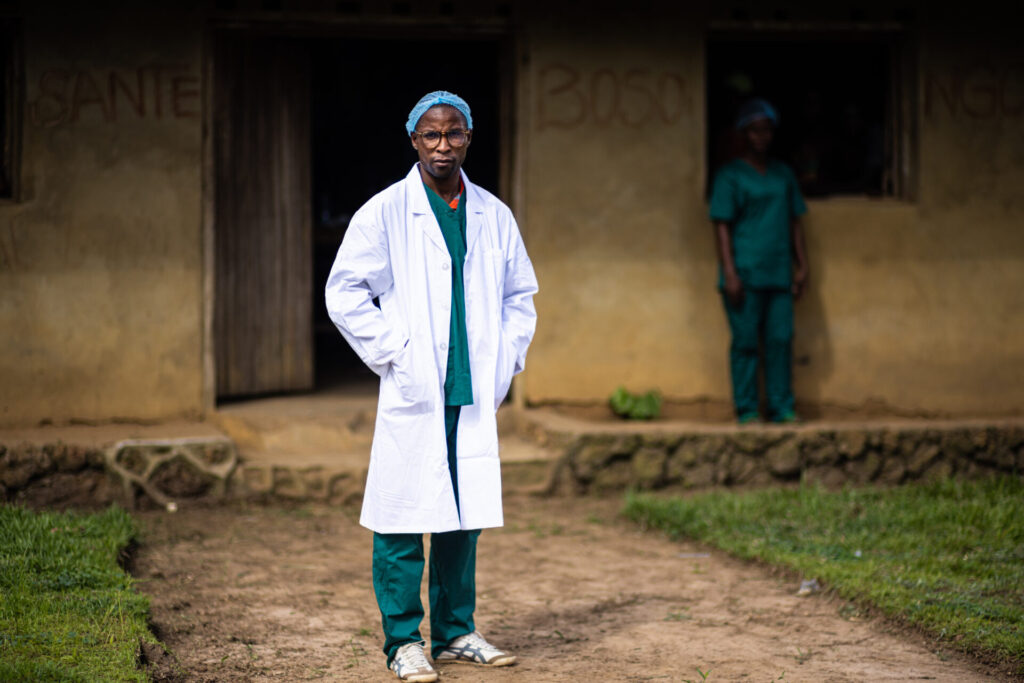The Mai Ndombe REDD+ Project, led by community leaders and our local engagement team, is committed to improving the well-being of communities. Ongoing efforts include constructing facilities, addressing transportation barriers, and collaborating with public health officials to prevent future epidemics, significantly benefiting community healthcare access.


The Mai Ndombe REDD+ Project, led by community leaders and our local engagement team, is committed to enhancing the community’s economic and social prosperity. A primary focus for the community is to improve access to healthcare services.
The completion of the fully-operational clinic in Ibali marks a significant milestone for the Mai Ndombe REDD+ Project. This modern facility, equipped with advanced medical technology, not only serves the Ibali community but also extends its services to neighboring villages within the project zone. Through the Local Development Committee’s decisions, funded by carbon credit revenues, the community has directed the funds on their own terms to shape its healthcare landscape.

Efforts to improve healthcare access are ongoing. Additional facilities are being constructed in nearby towns and villages, while transportation barriers are being addressed through enhanced transportation options, including free and safe boat voyages across the lake. Renovation of secondary hospitals in Lokanga and Ngongo, along with the establishment of five clinics within the project area, further strengthen the healthcare network. A mobile clinic, crucial during outbreaks like measles, delivers urgent care to remote villages, particularly assisting with vaccinations.

“Whether in Europe or in Africa, we are all human beings. We all have the right to life, and the Mai Ndombe population has the right to life and quality healthcare.” – Dr. Ntoko Christian
In response to health crises like Monkeypox that took place at the end 2023, the project has demonstrated its resilience and resourcefulness, exceeding $100,000 in expenditures to overcome challenges with minimal provincial government support. Swift action, including a $50,000 investment in emergency medical response for measles outbreaks, has saved numerous lives.
Looking forward, collaboration with public health officials aims to prevent future epidemics through dry season vaccination campaigns. The project’s efforts have significantly improved healthcare accessibility for villages within and beyond the project zone, enhancing access to essential life-saving healthcare services for thousands of community members.
